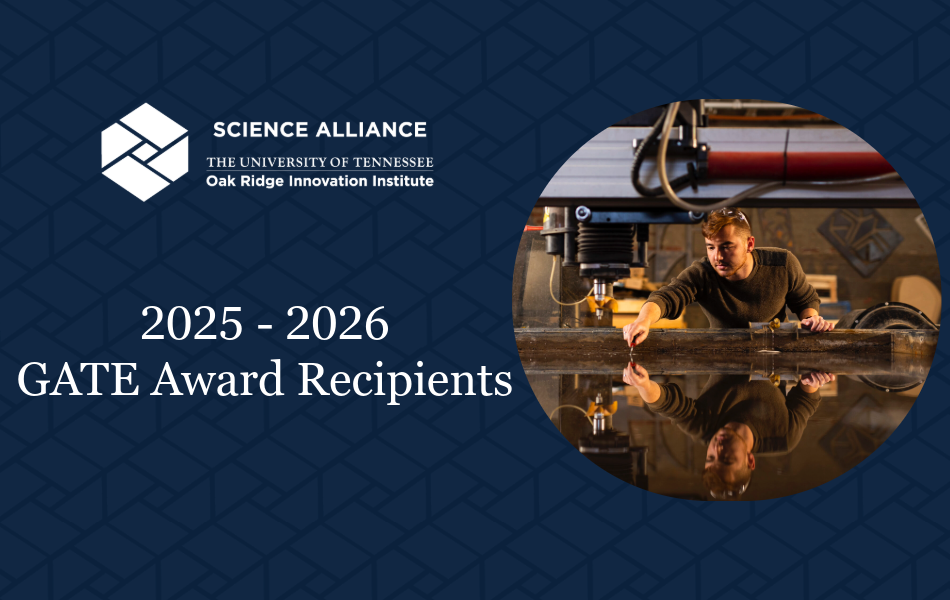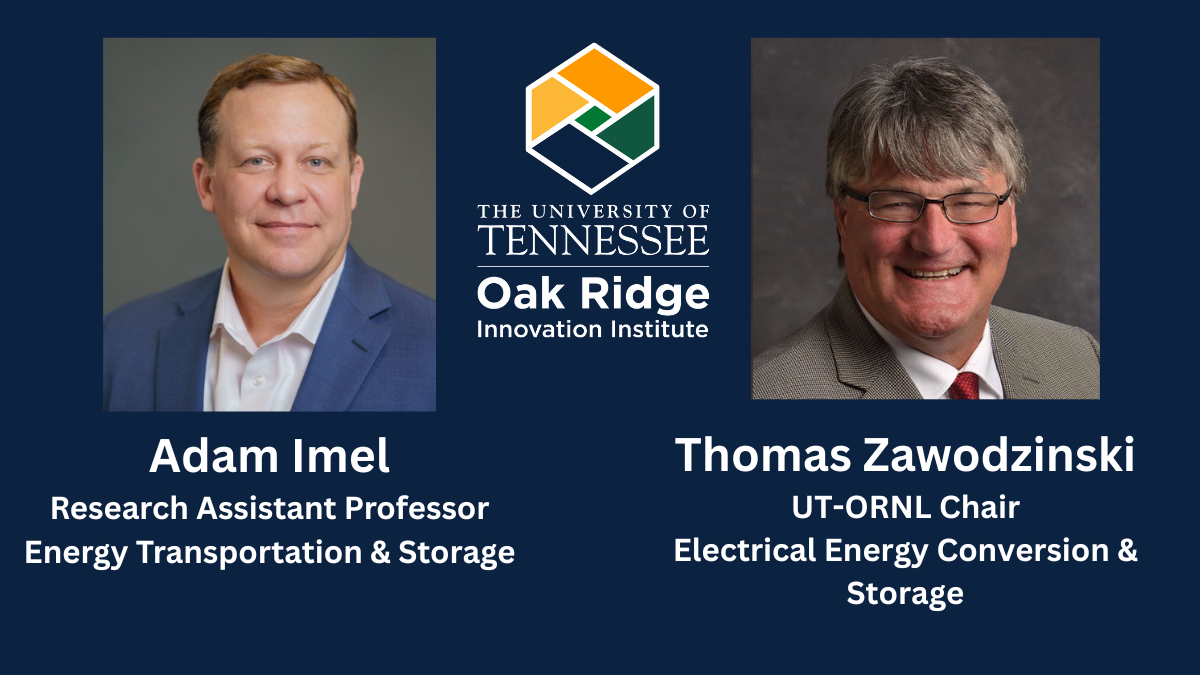Rigoberto Advincula, the UT-ORNL Governor’s Chair of Advanced and Nanostructured Materials and 2023 winner of the Netzsch North American Thermal Analysis Society (NATAS) Fellows Award, recently served on a panel that reviewed some of the most important advances in the past five decades of materials research at Symposium X at the Materials Research Society’s (MRS) 50th anniversary meeting.
The Frontiers in Materials panel included a prestigious group of past MRS presidents and journal editors who discussed topics ranging from high-temperature superconductors to conducting polymers, to advances in microscopy and solar technology.
Advincula, who is editor-in-chief of MRS Communications, was nominated to participate on the panel by Assistant Professor Katharine Page of UT’s Department of Materials Science and Engineering, who served as one of this year’s MRS meeting chairs. He was then chosen as a panelist by the Kavli Foundation. Established in 2000 by physicist, business leader and philanthropist Fred Kavli, the foundation’s mission is to encourage research in the fields of astrophysics, nanoscience, neuroscience and theoretical physics; to strengthen the relationship between science and society; and to honor scientific discoveries with the $1 million Kavli Prize.
A joint faculty member at UT and ORNL since January 2020, Advincula is an expert in polymers, nanoscience, macromolecular science and engineering, organic materials, hybrid materials, and ultrathin films. He leads ORNL’s macromolecular nanomaterials group in the Center for Nanophase Materials Sciences, which specializes in the conception and design of new materials.
In June 2023, Advincula was awarded the Netzsch North American Thermal Analysis Society (NATAS) Fellows Award. Honoring one person each year, the award recognizes a history of distinguished scientific achievement, a significant technological accomplishment, or outstanding scholarship in the field of thermal analysis.
Advincula is also a Fellow of the American Chemical Society and of the Royal Society of Chemistry.
During the MRS panel discussion, Advincula highlighted the field of conducting polymers. After emerging in the 1950s, the field saw major breakthroughs in the 1970s and 1980s, and a polymer scientist won the 2000 Nobel Prize in Chemistry. The field continues to evolve with developments in organic light-emitting diodes and flexible electronics.
“If you have a smartphone, or a TV with an LED screen, that is really the product of this period,” he said.
Advincula and his fellow panelists agreed the next 50 years of materials science research will be bolstered by artificial intelligence, machine learning, and deep learning. They said that scientists must be increasingly mindful of how their research affects society and the world. And they noted that materials science provides great opportunities for engaging youngsters in STEM activities as early as elementary school.
Sharing the panel with Advincula were Julia M. Phillips, executive emeritus from Sandia National Laboratories, who talked about high-temperature superconductivity; Susan Trolier-McKinstry, the Steward S. Flaschen Professor of Materials Science and Engineering and Electrical Engineering at Pennsylvania State University, who various types of microscopy, new ways of controlling electron beams, and massive advances in the ability to resolve space and time; Peter F. Green, deputy laboratory director for science and technology at the National Renewable Energy Laboratory, who talked about perovskite solar cell technology; and MRS past president Carolyn R. Duran, vice president in the Data Platforms Group and engineering manager of Memory and I/O Technologies at Intel Corp. who served as moderator.




